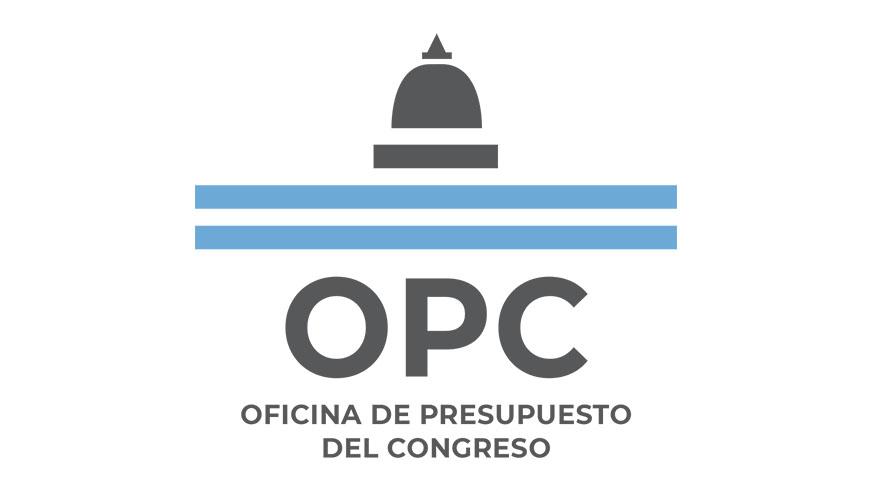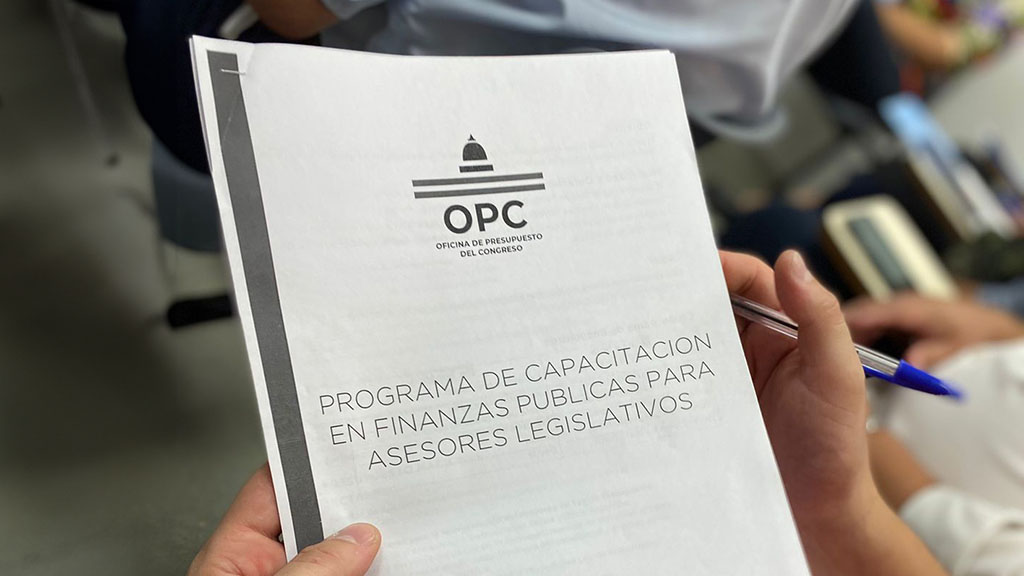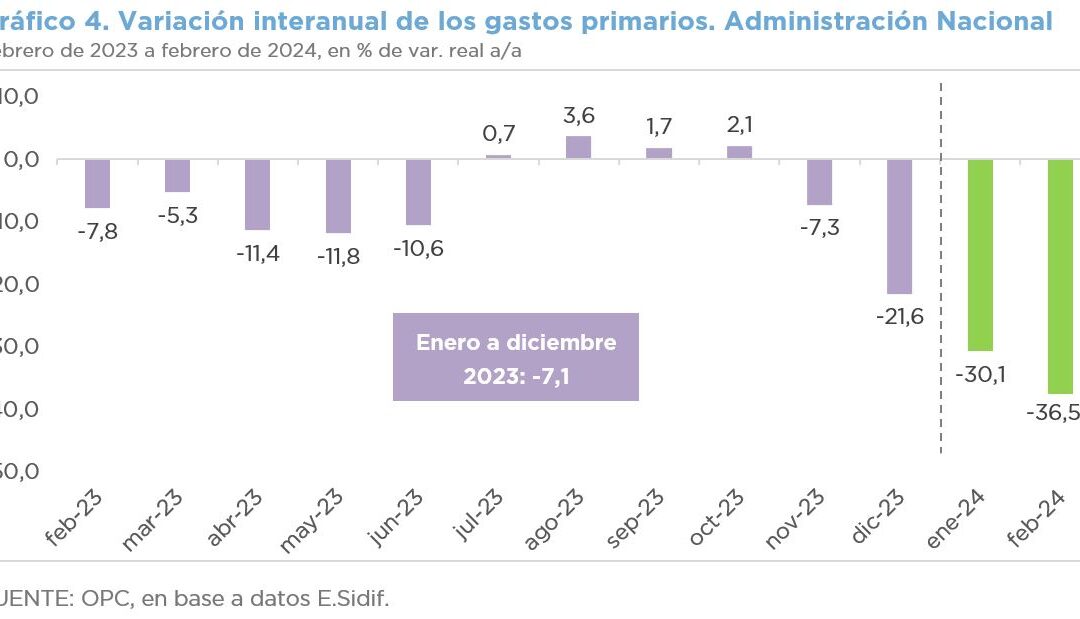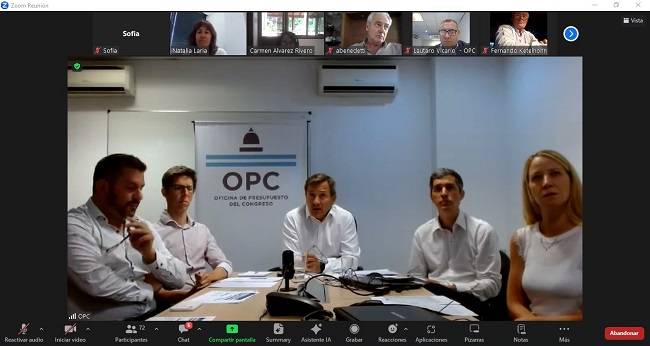
BILL ON PALLIATIVE AND RELEVANT TAX MEASURES – UPDATE AFTER MAJORITY REPORT OF THE SENATE
This report analyzes the changes introduced to the original text of the Palliative and Relevant Tax Measures Law and its fiscal impact after the approval of the Chamber of Deputies and in the majority report of the Senate.
In terms of fiscal impact, the following changes were identified:
- The increase in the benefit to compliant taxpayers of the Wealth Tax could potentially increase the fiscal cost of the amendments in tax years 2023 to 2025, as compared to the original text of the bill.
- The changes to the text of the Income Tax reform would reduce the impact of these measures on the assessed tax in 2024 from 0.5004% of GDP in the original text to 0.4303% under the text approved by the Chamber of Deputies and to 0.4111% of GDP under the text of the majority report of the Senate.
- As for the Simplified Regime for Small Taxpayers, the differentiated treatment granted to social effectors in the majority report of the Senate would moderate the expected increase in the collection of the integrated tax (monotributo) and the health insurance system (obras sociales).



